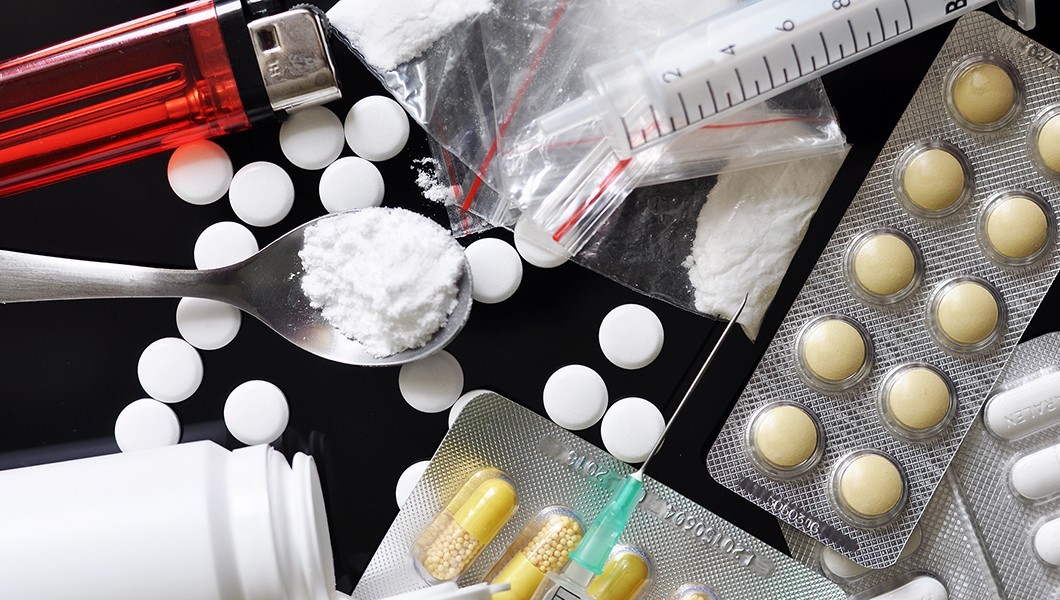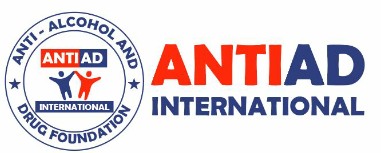Drug and Alcohol Abuse Treatment Programs
If you or someone you care about is struggling with addiction, you may be considering potential drug and alcohol treatment options. Seeking treatment is a courageous choice and an important first step in the recovery process, but it might not always be clear which type of drug or alcohol abuse program is right for you.
Drug and alcohol abuse programs offer different forms of structured treatment designed to help people struggling with addiction. They can help people:-
Stop using drugs or alcohol.
Safely and comfortably manage the withdrawal period.
Gain insight into their addiction through evidence-based therapies.
Learn the skills they need to remain sober and prevent relapse.
Address any co-occurring mental health disorders.
Addiction, or a substance use disorder (SUD), is a chronic, relapsing mental health issue characterized by compulsive drug or alcohol-seeking behaviors and ongoing substance use despite the negative consequences it has on a person’s life. Medical and mental health professionals can provide a formal SUD diagnosis and assess addiction severity, which can be helpful when choosing treatment programs and creating treatment plans.



Types of Substance Abuse Treatment
Alcohol and drug addiction treatment programs can take different forms and last different lengths of time depending on the level of care and recovery needs. Different factors are taken into account when determining the right type of program for a person, but it’s important to find a program that offers treatment that’s tailored to individual needs.
These factors can include:-
The substance(s) being used.
How long a person has struggled with substance use.
Individual physical and mental health needs, including any co-occurring psychiatric disorders (such as depression, anxiety, or bipolar disorder).
Occupational/work-life issues.
Living situation.
Other social factors, such as relationship or family concerns.
Though it is an important element of many peoples’ recovery, treatment is not just a matter of stopping drug or alcohol use with the help of detox programs and withdrawal management; it’s also about learning to maintain sobriety and developing skills so you can lead a happier, healthier, and more productive life in society and at home.
Drug treatment often starts with a period of supervised and sometimes medically managed detox, and is then followed by additional rehabilitation efforts in either an inpatient or outpatient program setting (and sometimes both, over the course of recovery).
Detox
Detox alone is not a complete form of treatment, though it is often an important part of the early stages of the recovery process. Detox is a set of medical and psychological interventions designed to help you safely and comfortably withdraw from a substance to better prepare you for additional treatment.
People with significant physiological substance dependence can suffer a range of mild to severe withdrawal symptoms., Withdrawal symptoms can vary depending on the type of substance used, but some of these symptoms can be serious and even life-threatening in some cases. Some signs and symptoms of adverse health developments that could warrant immediate medical attention during withdrawal include:-
Altered mental status.
Hallucinations.
Insomnia.
Increasing anxiety and panic.
Exaggerated deep tendon reflexes.
Seizures.
Elevated temperature above 100.
Significant changes in blood pressure and/or heart rate.
Upper and lower gastrointestinal bleeding.
Abdominal pain.
Withdrawal from certain substances—alcohol, opioids, CNS depressants—can be very unpleasant and, in some cases, dangerous. Medical detox can help keep people as safe and comfortable as possible during withdrawal, for these and all types of substances.
Depending on your withdrawal management needs, detox can take place in both inpatient and outpatient settings. The types of substance abuse interventions you receive depend on the level of care and setting. Inpatient detox settings allow for round-the-clock monitoring and care and allow for any needed adjustments to medications used to manage withdrawal symptoms, depending on the substance of abuse.
You can also receive medication in an outpatient setting, though outpatient detox options may be better suited for people who aren’t at risk of developing serious withdrawal symptoms or complications. A comprehensive pre-treatment assessment from a medical professional can help determine the appropriate setting and the right drug and alcohol treatment plan for your withdrawal management needs.




Inpatient Rehab
Inpatient treatment is a form of residential rehab, meaning that you live at the facility for the duration of your treatment period. Inpatient treatment programs provide round-the-clock supervision and care and commonly incorporate a wide range of therapies designed to create a strong foundation for recovery.
Inpatient rehab may help lessen the distractions of home or daily life so you can better focus on your recovery. People may enter short- or long-term inpatient treatment programs that can last anywhere from a few weeks to months depending on the level of care needed.
Though treatment lengths often vary for each individual, long-term rehabs may place added focus on helping people make lasting changes and reintegrate into society and daily life. Long-term residential programs offer highly structured, comprehensive treatment to help you change damaging behaviors to more positive cognitive and behavioral patterns.
Short-term programs offer brief, highly structured interventions often based on a modified 12-Step approach. While treatment in a shorter-term residential program may only be a few weeks, people may continue on with an outpatient program for additional treatment.
Inpatient rehab services can include:-
Medication.
Individual counseling.
Group therapy.
Mutual-support groups.
Relapse prevention education.
Treatment for co-occurring mental health disorders.
Outpatient Rehab
Outpatient rehab can include varying levels of care and may be suitable for people who need to continue working, going to school, and attending to family obligations. People can continue living at home while traveling to receive treatment at an outpatient facility.
People sometimes use outpatient treatment as a step-down form of rehab once they’ve completed an inpatient stay. Outpatient treatment can be intensive, where you attend treatment most days of the week, or supportive, where you attend treatment just one or two days per week.
The intensity and type of services offered at outpatient rehabs can vary depending on the program, but can include a combination of:-
Detox.
Individual counseling.
Group therapy.
Medication.


Medication-Assisted Treatment
Medication-Assisted Treatment combines medication with counseling and behavioral therapy. It is an evidence-based treatment that is used to help treat addiction to certain substances and promote abstinence and recovery.
MAT is mainly used to treat opioid and alcohol use disorders. There are several approved medications used to alleviate cravings, manage withdrawal, restore neurochemical balance, and block the reinforcing effects these substances should they continue to be used. In using medication alongside of behavioral therapeutic approaches, MAT takes a whole-person approach to treating addiction, and may have benefits such as:-
Increased survival rates.
More effective addiction treatment.
Decreased drug use and criminal behavior.
An increased ability to obtain and maintain employment.
Improved birth outcomes in pregnant women who have substance use disorders.
Addiction Treatment and Pregnancy
Pregnant women struggling with addiction have unique needs and concerns. Using certain substances during pregnancy can increase the risk of adverse perinatal outcomes such as low birth weight, pre-term delivery, and various fetal developmental issues.
Research shows that certain evidence-based treatments, like MAT, can be advisable depending on the substance used and a person’s unique situation.
Start the journey to recovery and use the form below to find out instantly if your insurance provider may be able to cover all or part of the cost of rehab and associated therapies.

Call Us
AntiAD House, Next to Braeburn School, Garden Estate Road
+254 20 800 1999,+254 772 800 999
info@antiadinternational.org
Call Us
AntiAD House, Next to Braeburn School, Garden Estate Road
+254 20 800 1999,+254 772 800 999
info@antiadinternational.org
